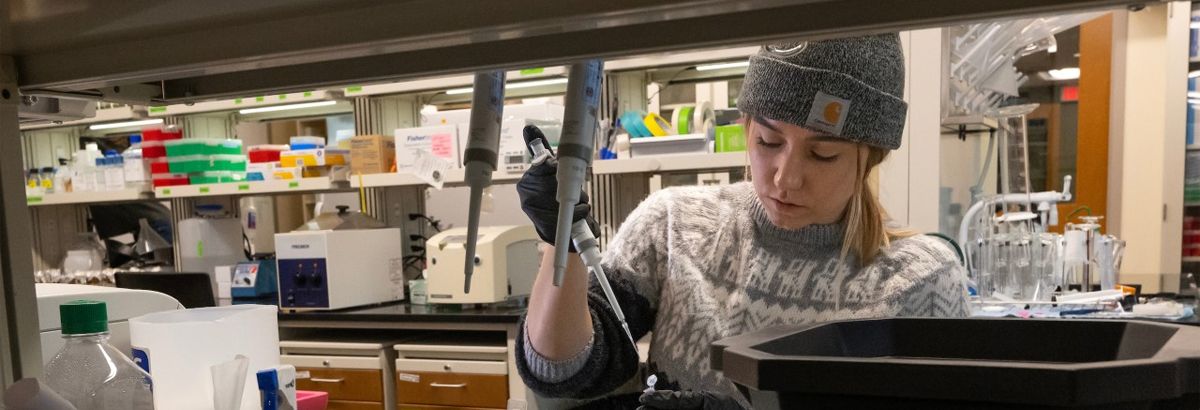Biochemical, Structural and Computational Biology
Many complex problems in biology are addressed with new, exciting biophysical and technical developments. In addition, powerful computation and bioinformatics are playing increasing roles in cutting edge areas of biology. Our faculty lead exceptional research programs addressing diverse fields, which include algorithmic developments in bioinformatics, macromolecular structure prediction and design, structure-assisted vaccine development, cell biology, and infectious disease.

Genetics, Genomes, and Evolution
Members of the Genetics group use a variety of model organisms and approaches to examine how the genome is an organizing principle for all biology. Bacteria, microbes, yeast, C. elegans, and Drosophila are all studied at the level of molecules, organisms, populations, and genomes. Some of these faculty also utilize computational methods to study the evolution of genomes and microbial ecology.

Pathogen Interactions and Immunity
CMMB faculty at the forefront of this exciting area investigate how pathogens infect and propagate in host cells and what determines their pathogenic potential. Research programs within this group examine microbial pathogenesis, including bacterial, viral, fungal, parasitic, and innate immunity using genetic, cellular, and structural approaches.

Membrane Dynamics and Cell Signaling
Members of this group study the mechanistic basis of signal transduction using a variety of models including viruses, C. elegans, Drosophila and mammalian cells. The surface of cells and membrane-bound compartments respond to internal and external stimuli and can be seen as gatekeepers allowing changes in cellular gene expression, membrane trafficking and metabolism.

